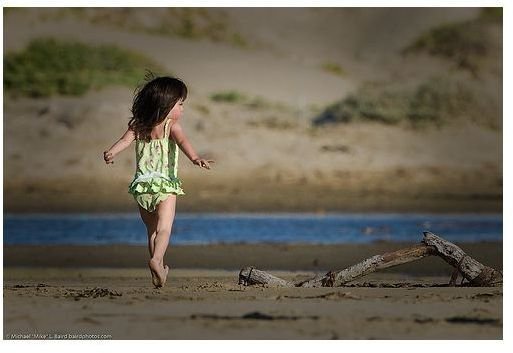Children Going Green: Encourage Compassion in the Household
Why Kids Should Know
It’s important for your children to know how to live sustainably, because the future is uncertain. If all they know is how to consume and lead consequence free lifestyles, they will never experience a sense of independence and responsibility. Living more sustainably and raising green children isn’t just about protecting the environment—it’s also about helping your children understanding their basic needs and resisting their desires to consume beyond their needs.
What Do Kids Need to Know?
Environmental issues are complex, and it can sometimes be difficult to articulate the full impact that these problems have on our planet to even adults. When explaining these complicated topics to your children, incorporate supportive material into the conversation. For example, take a trip to the local library and pick out appropriate books for your child that explain global warming or water shortages. Seeing images and reading simple sentences can help the child comprehend the situation. Videos can also provide easy explanations, and they can present the information better, especially for children who are visual learners. BBC’s television series “Planet Earth” can show children how beautiful the world is and that it’s worth saving.
Going Green for Children
It’s natural for children to imitate their parents as they proceed through the growing process, so it’s imperative to serve as an environmentally friendly role model whether you are a parent, teacher or friend to a child. Sometimes behaviors and actions explain sustainability better than words or pictures and encourage children going green.
-
Setup eco-friendly stations in your home that your children can participate in. For example, have your child collect table scraps after every meal for the compost bin. Alternatively, have your child help sort the recycling bin once a week. Green routines like these instill compassionate values at an early age and make it more likely children will continue these practices when they live on their own.
-
Organize an environmental club or enroll children in one at school. Field trips to the park, zoo or animal shelter can make children more aware. Parks and shelters can always use litter collectors and volunteers.
-
Show them the negative parts of society too. Take them to a soup kitchen or have them donate some of their old belongings to a toy drive. Once they see people and children like themselves are living without, they are more willing to help. It’s sad to see this, but it’s reality and children should know the truth so they can make a positive change in the world.
Don’t Push It
Children’s brains are like sponges, so they do hear what you say. However, don’t get upset if they are not immediately interested in saving the world and going from green children to green adults. Introduce them to the idea with a book or activity, and then let them come to you for more. Maybe they are not ready for all of the information, but you can set them on the right track with recycling, composting, and water preservation at home.
References
- “How Children Learn Through Through Involvement in Eco Campaigns” - Eco Friendly Kids: https://www.ecofriendlykids.co.uk/children-involvement-eco-campaigns.html
- “Five Eco-friendly Kid’s Activities” - Gaiam: https://life.gaiam.com/gaiam/p/5-EcoFriendly-Kids-Activities.html
